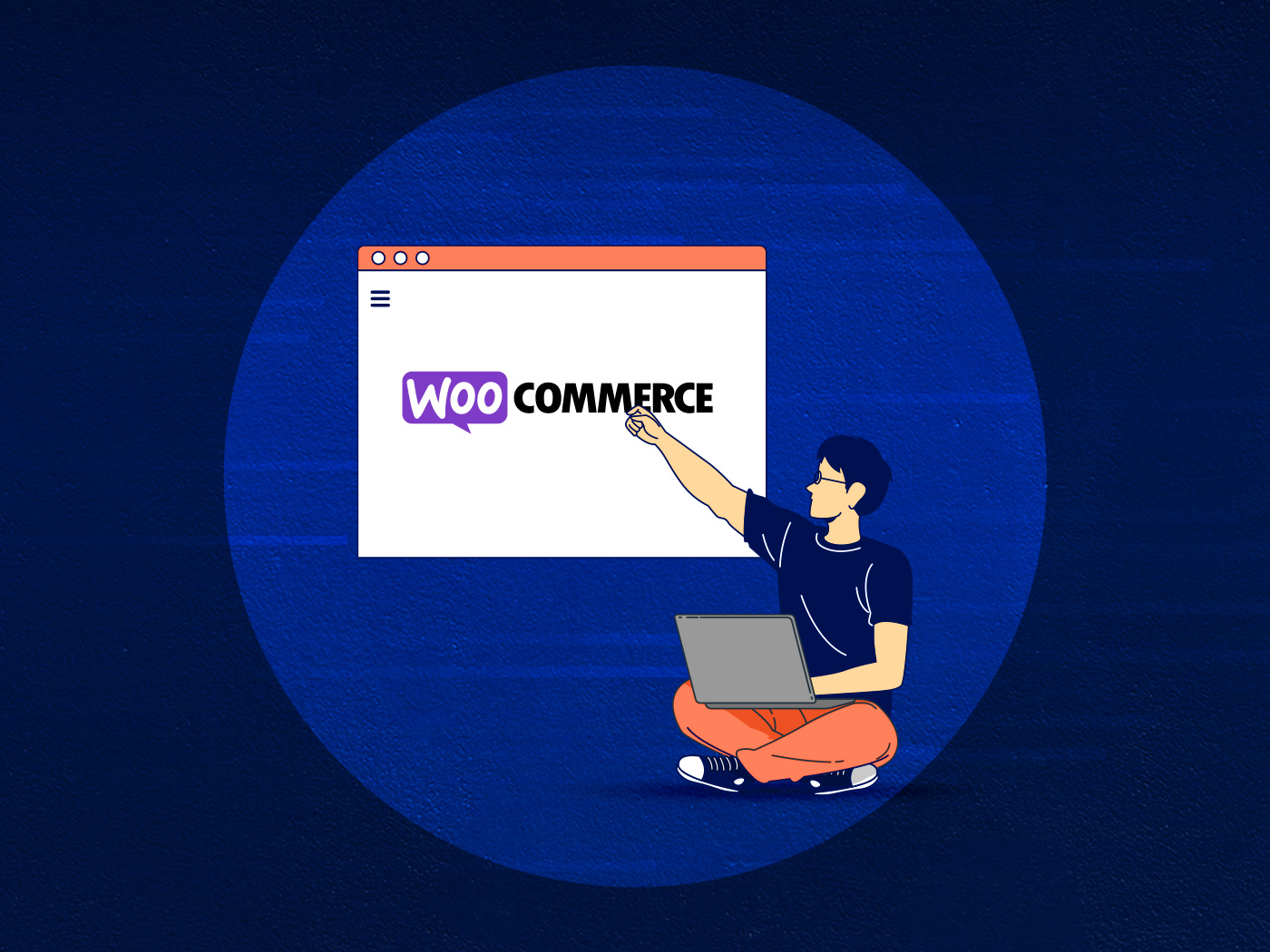Today, it’s the world’s most popular content management system (CMS) – WordPress runs a majority of the internet, and the competition isn’t even close. Every time WordPress comes out with a new release, anticipation grows. Users expect increasingly better speed, security, and design on both the backend and frontend. However, as open-source WordPress is always evolving, that suggests it will never be perfect. And while we see positives in the year to come, there are challenges ahead, too.
The most significant issues we see for the future of WordPress in 2020 and beyond include:
- Poor and unreliable hosting that can’t efficiently scale. If your site goes viral, will it be able to keep up?
- An inability to meet hosting supply with demand. Hosting companies that don’t offer efficient customer service or page speed optimization will be unable to tackle other issues when they arise.
- A lack of innovation, combined with under-funding, which go hand-in-hand and can impact one another. When you can’t be innovative, it’s difficult to get more funding; when you’re under-funded, it’s impossible to take a chance on an innovative idea.
In many ways, I see parallels between the WordPress market and the proptech industry. That enables me to predict the future of WordPress and hosting companies.
I’ve been working at the intersection of marketing and technology for almost 25 years now. Ten years ago, I leveled up my career by moving from San Francisco to Florida to roll the dice on a property tech (proptech) startup, and it was an amazing ride.
When I moved to San Francisco, raising venture capital (VC) for our startup was challenging. Investors and venture capitalists didn’t know what to make of the proptech vertical. This often happens where there’s little-to-no competition in the industry – when a startup is among the first ones in its class, investors don’t have a business model to compare it to.
At the time, there wasn’t a proptech “unicorn” (a private company valued at over $1 billion) or even a public company at a massive scale. However, there was a sense that we were going to break wide open, and our CEO had an intuition that the market was going to explode.
About one year later, we decided to exit to a large software company that was on the brink of an IPO.
It turned out to be a great decision.
Two years after moving to San Francisco, I had gone from startup to exit, then to an IPO and becoming a senior executive at a 3,000-person company. It was a whirlwind and a blast.
Looking back, I believe the proptech space was entering a new age at the time. If you look at the industry now, it has major VC investment, multiple IPOs and more startups than you can count.
In this article, I’m going to discuss five of my predictions for the future of WordPress and WordPress hosting in 2020 and beyond. While change is inevitable, I believe that everyone – web designers, web developers, website owners and hosting companies – will be better because of it.
1. The first-ever WordPress unicorns will emerge
The world has seen a lot of unicorns – Airbnb and Google come to mind – but we expect to see the first WordPress unicorns soon. When that happens, there will be a market correction for the funding of WordPress businesses, which will give those companies more funding to run with. Once WordPress unicorns emerge, we will see institutional money, private equity, corporate investment and all sorts of startups jump into the space.
We also expect to see a lot of acquisitions for the sake of buying expertise, making the future of WordPress even more impactful. Moreover, we’re poised to see two considerable IPOs in the WordPress market over the coming years with Automattic (Salesforce Ventures invested $300 million in the company) and WP Engine. I suspect Pantheon will follow closely behind, too. Another sign that the market is maturing? Lightspeed Venture Partners invested $15 million of funding in Elementor.
2. Basic hosting packages won’t cut it anymore
The future of WordPress hosting means a much more competitive space than it has been. That’s namely because fully-customizable and managed WordPress website builder platforms will be in demand (and become the new standard). Simply offering hosting won’t be enough anymore. Hosting providers will have to provide a unique, high-end experience in a variety of niches to survive and thrive.
Companies that currently offer low-end managed WordPress hosting will have to create a fully-managed package with a WordPress website builder platform. And eventually, that package will have to be the primary, core product offered.
Agencies, in particular, need fully-managed, reliable hosting. That should also include powerful automation and tools that make it possible to manage large portfolios of websites. At Convesio, we take a proactive and innovative approach to customer service. We’re always watching your site so that we can solve issues the moment they arise – or prevent them before they even do.
“Convesio is completely different from anything out there and provides unmatched speed, security and scalability for my clients.” – Eric Dunn, COO of Evolve Marketing
Book a free 30-minute demo right now – schedule a time and date that’s most convenient for you.
3. Non-tech-oriented users can now design websites
Improved versions of the Gutenberg block editor will make WordPress more accessible for website owners who aren’t very tech-oriented.
This also makes it possible for WordPress to better compete with Squarespace and Wix, which have always marketed specifically to non-designers. Before now, building a website with WordPress required a lot of steps and a sharp learning curve. That drove users to simpler platforms, even though they’re much less powerful than WordPress. Now, anyone can quickly learn how to work with WordPress to build practically any type of website they want.
To take advantage of this, hosting companies should help users successfully use a block editor. By providing the guidance that customers need, hosting providers can increase customer loyalty and lifetime value.
There’s even more that can improve the outlook for the future of WordPress hosting companies. Hosting providers can create block banks and compatible WordPress themes, either by creating them in-house or, more likely, partnering with web designers and developers who are already building those types of assets.
4. Theme developers may be in trouble, but there’s still hope for the future of WordPress creatives
As more users adopt Gutenberg and as more hosting companies create Gutenberg-compatible blocks and themes, demand for third-party assets will decrease. Users won’t look outside their host or WordPress for custom themes as much as they do now; as a result, the theme marketplace will change. However, it’s unlikely that third-party WordPress themes will completely disappear. But, since demand will drop, so will price, which is good news for users who still like the idea of purchasing a third-party theme.
Theme creators may need to shift what they offer, possibly working directly with hosting companies to build their assets. Moreover, those assets have to be user-friendly for the creator while improving the user experience for the visitor. Right now, some users still have issues with Gutenberg. In response, hosting companies can come out on top by creating better, richer page builders. Also, asset designers can create templates and blocks specifically for those emerging builders.


